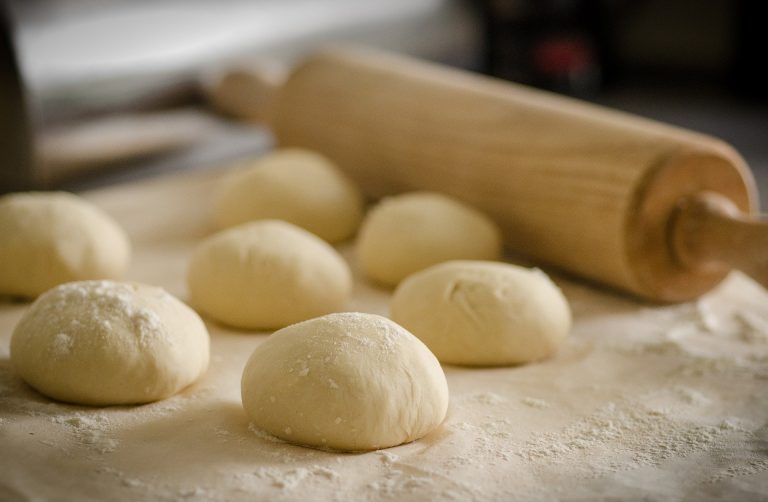Shaker kitchens are one of the oldest styles of kitchen design around today and feature flat centres on the middle panels and minimal detailing creating an old-world look and feel, which is apt as shaker kitchens have been around for centuries.
A shaker kitchen is a working kitchen and ideal for amateur or professional cooks and entertainers for that matter. Made of solid stuff, the shaker kitchen is built to last and looks fantastic in the slate grey, olive green or hardy black finishes. You can have a massive number of different finishes on a shaker kitchen, and while the style is basic, you can often accentuate the look and feel by choosing the correct kitchen furniture including handles.
Is Shaker The Right Choice For You?
If you are of a younger age then please don’t think that shaker kitchens are just for us old people, the styles are timeless, just like some of the old names for babies coming back into fashion. Think of your kitchen more like a Mabel than a Charmaine. Whilst some of the newer designs with perfect quartz countertops can look stunning, your kitchen is in for the long term, and you want it to look as good in 10 years as it does the first day you have it installed. As the shaker kitchen hasn’t gone out of fashion for the last 200 years or so you will be in safe hands rather than going for a modern spaceship design that could look absolutely terrible in a few years, especially those hideous bright orange splashbacks like you might find on an EasyJet flight to Malaga.
What’s that I hear? Why are shaker kitchens called shaker kitchens? Well, the answer to the question you always wanted to know is that shaker kitchens got their name from the United Society of Believers in Christ’s Second Appearing, who, as they spread across New England in the USA, they introduced their cabinet designs which became known as the shaker style, which was the nickname for the movement, The Shaking Quakers. So, there you have it, the answer to one of the most thought about questions ever asked.
Overview Of The Shaker Design
The Shaker Quakers took so much pride in making and designing their furniture that it looked just as good from any angle and the attention to detail, no matter how tiny, became synonymous with the Shaker style. Their products were durable, simplistic, and understated and forever stylish.
Whilst Shakers avoided over- embellishing their furniture and finery when it came to creating their work, they would stain or paint their wood in different colours and today the choice of colour that you can have your shaker kitchen in can run into hundreds of different options.
By incorporating different finishes and simple details, the Shaker kitchen offers a wide range of aesthetics, making it a versatile style that is as much at home in a country kitchen as it is in a city apartment, suitable for all ages; you just cannot go wrong with a traditional looking shaker kitchen.
Shaker Kitchen Article Summary
We hope that this article on traditional shaker kitchens has been interesting and if you are looking to update or upgrade your kitchen and its appliances in the near future that you consider looking at the shaker kitchen range and how it may fit in with your designs and lifestyle. The shaker kitchen has been around longer than almost any other kitchen and promises to be here for many years to come. You simply cannot go wrong with a shaker kitchen. Thanks very much for reading.

